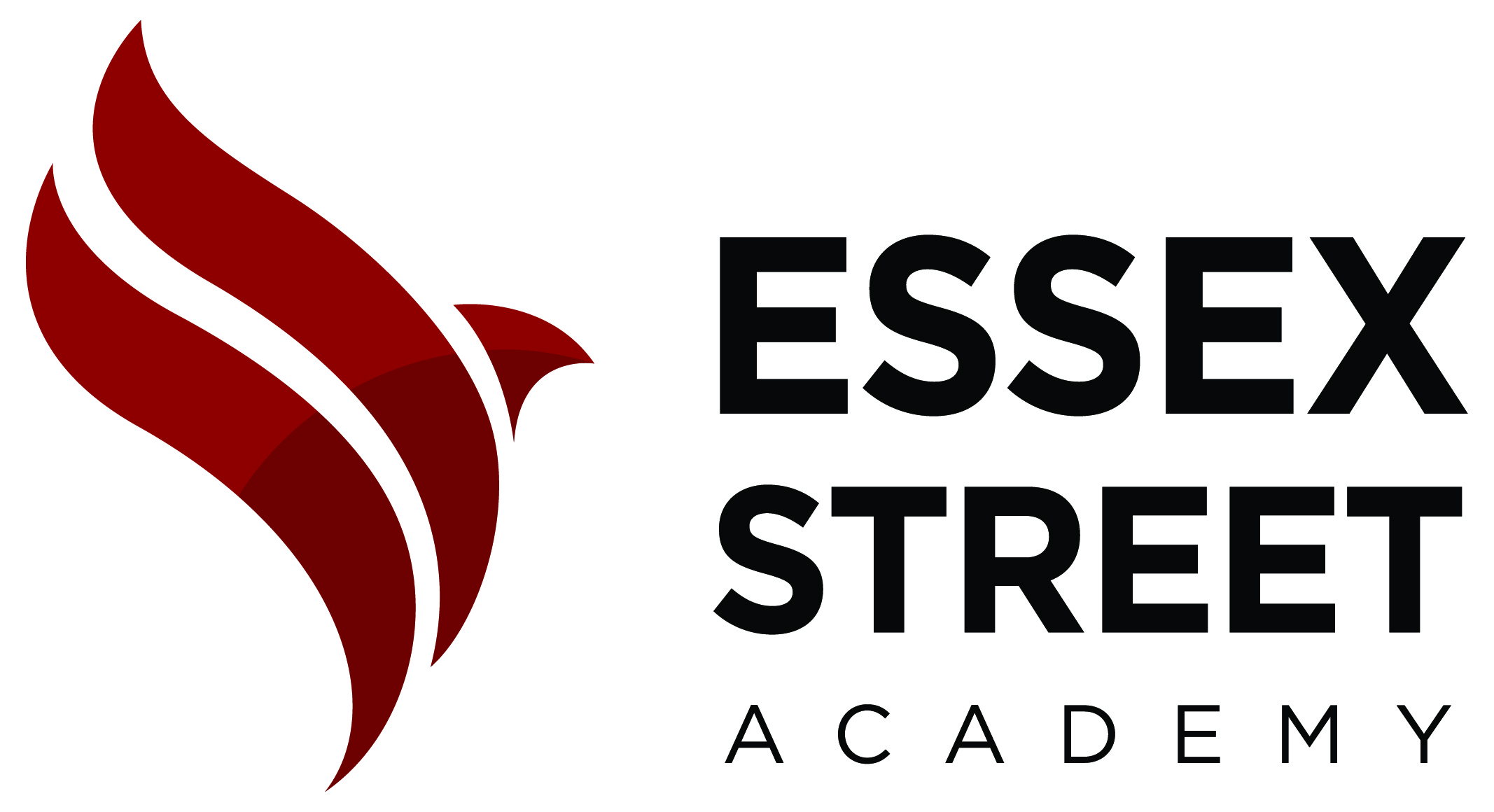Problem of practice: How might our students create more authentic and diverse forms of literary analysis? This semester I am teaching two response to literature courses, with a particular focus on “alternative” writing responses. The goal is to allow students more fluidity and “authenticity” in how they write their analysis. These are still analytical essays, and should include elements such as close reading and discussion of literary devices, but students are encouraged to take more liberties with voice, structure, and connections. We have looked at models of alternative analysis structures, as well as explored varied sentences structures, rhetorical devices, and richer word choice. My goal is to give students a smorgasbord of writing strategies that they can then pick and choose from and play with while writing their response to a text. I also require different strategies and connections in each project assignment. Following the completion of their first essay, many students told me they had “fun” writing their essay and that they “actually tried”, two statements I found both weird and exhausting, but also a little bit gratifying. The most obvious connection to authentic lenses in the first essay was “Personal Authenticity”. The majority of my students in all four classes were able to make very natural and passionate connections to the text, especially with the freedom to now use the word “I” in their essays. I always try to choose texts that I believe are relevant to both students’ lives and the bigger picture outside their lives, but I think the looser writing structure made it easier for them to incorporate these connections into their analysis. In terms of an authentic audience, I suppose the connection could be that their writing is attempting to look more like a long form think piece, which some people do read, but I would argue writing is often a more personal process and does not always have to be written with an “audience” in mind. In terms of “playing the whole game”, which is an analogy I do not like because I don’t like sports, I think I am teaching students to be critics, to think more deeply about ideas that are often glossed over, to organize their thoughts and musings in a structured and persuasive manner. Be able to organize and effectively articulate their critical thoughts, both through speaking and writing, will be essential not only in college but also in any professional setting. There are many “struggles” I noticed after reading the first round of essays: students use too many words in their writing and their writing is often bloated and clunky; the incorporation of outside connections often exist in a separate paragraph and are not smoothly worked into the analysis; students are able to do effective close readings in class but when it comes to writing their analysis of quotes it is often rushed, superficial, and not specific. So, plenty to work on!

Sounds like you’re doing awesome work! You seem to suggest that allowing students the opportunity to articulate themselves with creativity, in a presumably less formulaic manner, they’re more likely to produce work that reflects their ideas, their inquiries, their pondering. It seems as if there’s no way around authenticity and diversity. I applaud you for breaking from conventional assignment parameters and allowing students to show up powerfully in their written work.